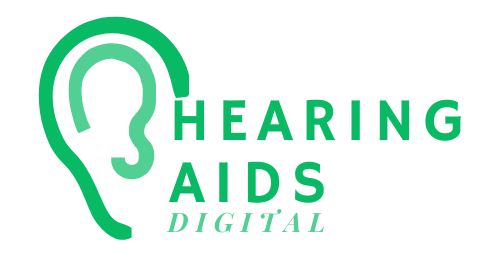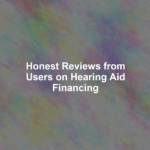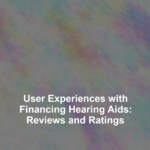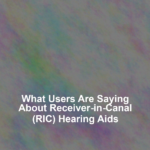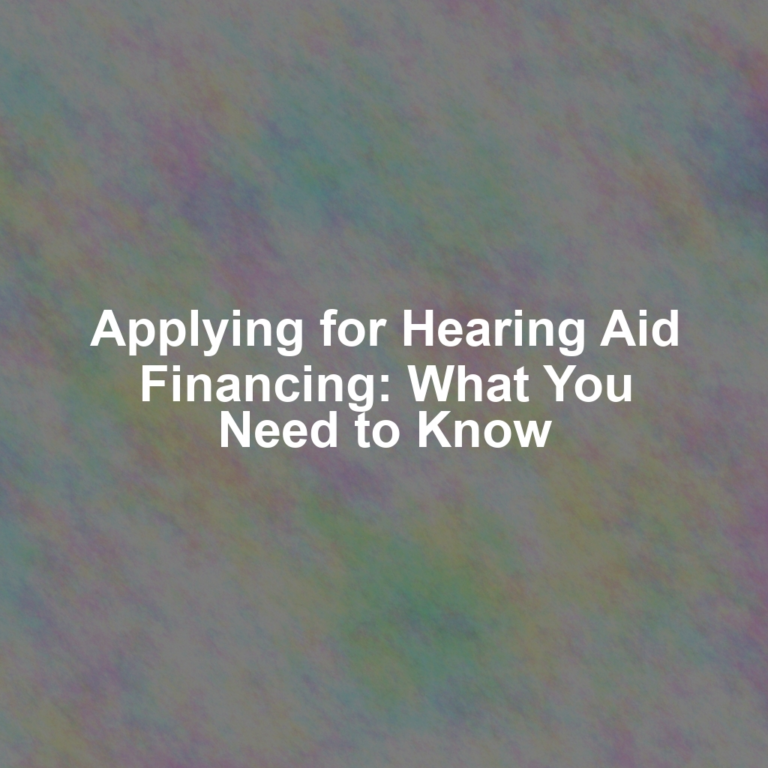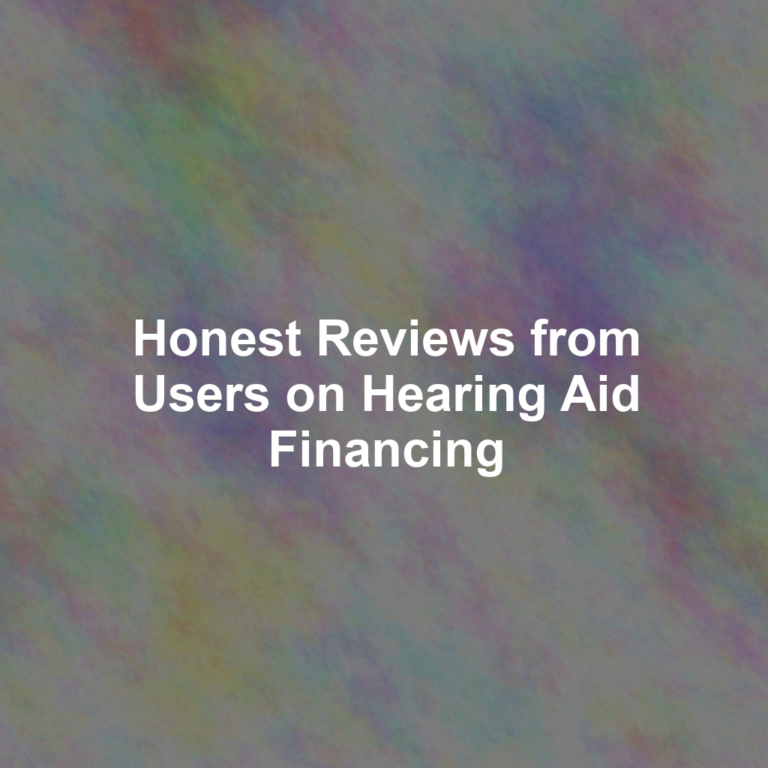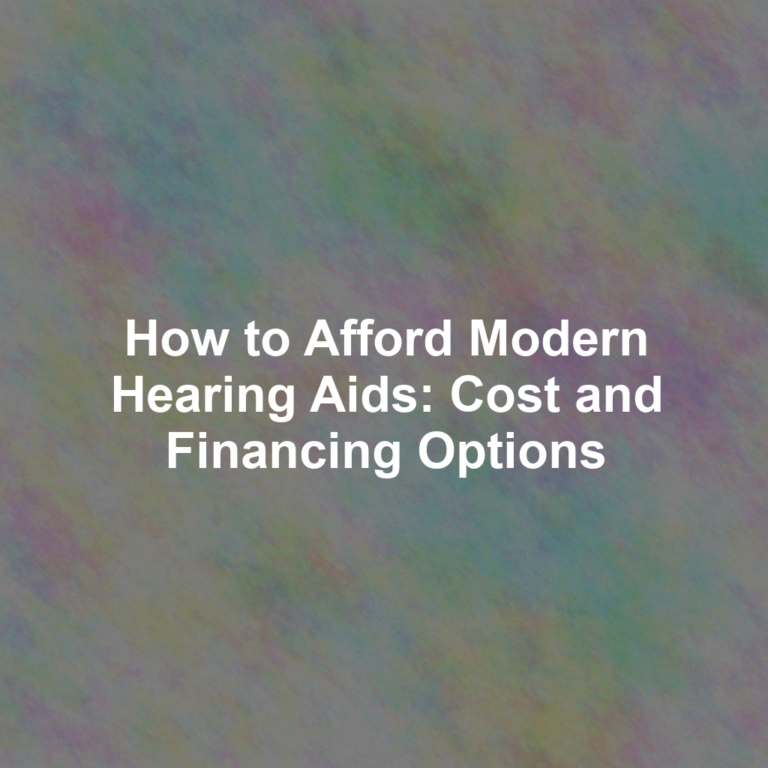Nearly 30% of individuals who require hearing aids postpone their purchase due to financial constraints, a decision that can significantly impact their quality of life.
As you consider your own path to better hearing, itG??s crucial to understand the breadth of experiences and advice that others have shared about financing this essential health device.
You may find yourself navigating a maze of insurance policies, exploring assistance from charitable organizations, weighing the merits of dipping into personal savings, or considering a variety of payment plans. Each option comes with its own set of advantages and challenges.
To make an informed choice, youG??ll benefit from learning firsthand accounts of how others have successfully managed the financial hurdles of acquiring hearing aids. What these individuals have to say could shed light on the most effective ways to approach your situation, leaving you equipped with actionable insights.
Exploring Payment Options
While hearing aids can be a significant investment, exploring various payment options can make them more accessible to those who need them. YouG??ll find that insurance may cover part of the cost, but itG??s essential to check with your provider to understand whatG??s included in your policy. If youG??re a veteran, you might be eligible for benefits through the Veterans Administration.
You should also consider financing plans offered by hearing aid providers. Many have programs allowing you to split the cost into manageable monthly payments. ItG??s like financing any other important purchaseG??you donG??t have to bear the full brunt of the expense up front.
DonG??t forget to look into charitable organizations and non-profits that offer financial assistance for hearing aids. These groups often cater to individuals with limited income or specific needs. Additionally, some manufacturers have credit programs with low or no interest, which can ease the burden considerably.
Moreover, flexible spending accounts (FSAs) or health savings accounts (HSAs) can be used for hearing aids, so if you have these options through your employer, theyG??re worth tapping into. Remember, investing in your hearing is a step towards better quality of life, so itG??s crucial to research and take advantage of these payment options.
Insurance Coverage Realities
Despite exploring various payment options, itG??s crucial to understand that insurance coverage for hearing aids often comes with its own set of complexities and limitations. You might find that your insurance plan doesnG??t cover hearing aids at all, or it covers them only partially. This can be a significant financial obstacle, especially considering the high cost of quality hearing devices.
You need to scrutinize your insurance policy thoroughly. Some plans might require a medical examination or a referral from a specialist before theyG??ll consider covering your hearing aids. Others might only cover specific types or brands, limiting your choices.
DonG??t assume youG??re out of luck if the initial answer is no. Sometimes, appealing a denial or asking for a review of your coverage can lead to a different outcome. ItG??s also worth checking if your state mandates insurance coverage for hearing aids, as this can influence whatG??s available to you.
Charitable Organizations Assistance
If youG??re grappling with the high costs of hearing aids and insurance falls short, turning to charitable organizations may provide much-needed financial assistance. Many users like you have found relief through these nonprofits that offer help to those who struggle to afford hearing devices. Charities such as the Starkey Hearing Foundation and the Lions Clubs International have been lifelines, providing free or reduced-cost hearing aids to those in need.
YouG??ll discover that these organizations often have eligibility requirements, but donG??t let that deter you. TheyG??re typically looking to assist individuals based on financial need, age, or specific circumstances such as veterans or those with profound hearing loss. ItG??s worth reaching out to see if you qualify. Remember, theyG??re there to help and understand the challenges youG??re facing.
Moreover, users often share their positive experiences with local charities and foundations. These smaller entities may not be as well-known but can offer personalized assistance and may have more flexibility in their programs. ItG??s essential to explore these options as well, as they mightG??ve shorter waiting lists or additional services.
In your search, donG??t overlook the power of community networks. Hearing healthcare professionals and audiologists usually have a wealth of information on where you can find charitable support. TheyG??re often connected to the pulse of the community and can guide you towards the right resources.
Personal Savings Strategies
Beyond seeking assistance from charitable organizations, you can also build a solid plan for personal savings to manage the cost of hearing aids. Start by assessing your current financial situation and set a realistic savings goal. YouG??ll want to figure out how much you can comfortably set aside each month without straining your budget.
Consider opening a dedicated savings account for your hearing aid fund. This keeps your funds separate and prevents you from dipping into them for other expenses. Look into accounts with high-interest rates to maximize your savings growth.
You might need to cut back on some non-essential expenses to boost your savings. Evaluate your monthly subscriptions and discretionary spending. Small changes, like making coffee at home instead of buying out, can add up over time.
DonG??t overlook the power of compound interest. If you start saving early, even small amounts can grow significantly. Set up automatic transfers to ensure youG??re consistently contributing to your savings.
Lastly, keep an eye out for special deals or discounts on hearing aids. Manufacturers occasionally offer promotions, and being ready with your savings means you can act quickly to take advantage of these opportunities. Remember, when it comes to saving for hearing aids, every little bit helps.
Financing Success Stories
Many users whoG??ve tackled the challenge of financing hearing aids share inspiring stories of how they managed to successfully save and pay for their devices. YouG??ll hear tales of people who cut back on dining out and skipped the morning coffee run, funneling every spare dollar into a dedicated hearing aid fund. TheyG??ve demonstrated that with a bit of sacrifice and a laser-focused budget, you can gather the resources needed for this life-changing investment.
Others have found creative ways to boost their income, taking on side gigs or selling items they no longer need. You might be sitting on a goldmine of unused goods that could be converted into cash for your hearing aids. Imagine turning clutter into clarity of sound.
Some users have taken advantage of financing plans offered by hearing aid providers, which often include interest-free periods. By paying off their balance within that time, theyG??ve avoided extra costs. You could too, by planning your repayments carefully and sticking to the schedule.
These success stories show that while the price tag might seem daunting at first, there are various ways you can make it work. You just need to find the strategy that fits your lifestyle and get started on your path to better hearing.
Conclusion
YouG??ve uncovered various routes to manage the cost of hearing aids. While insurance may offer limited help, donG??t lose heart. Charities can be lifesavers, and savvy saving tactics can bolster your financial readiness.
Remember those inspiring stories of folks who successfully financed their devices? TheyG??re proof that with a bit of strategy and persistence, you too can navigate the financial hurdles and tune into lifeG??s rich soundtrack without breaking the bank.
Your hearing journey is within reach.
